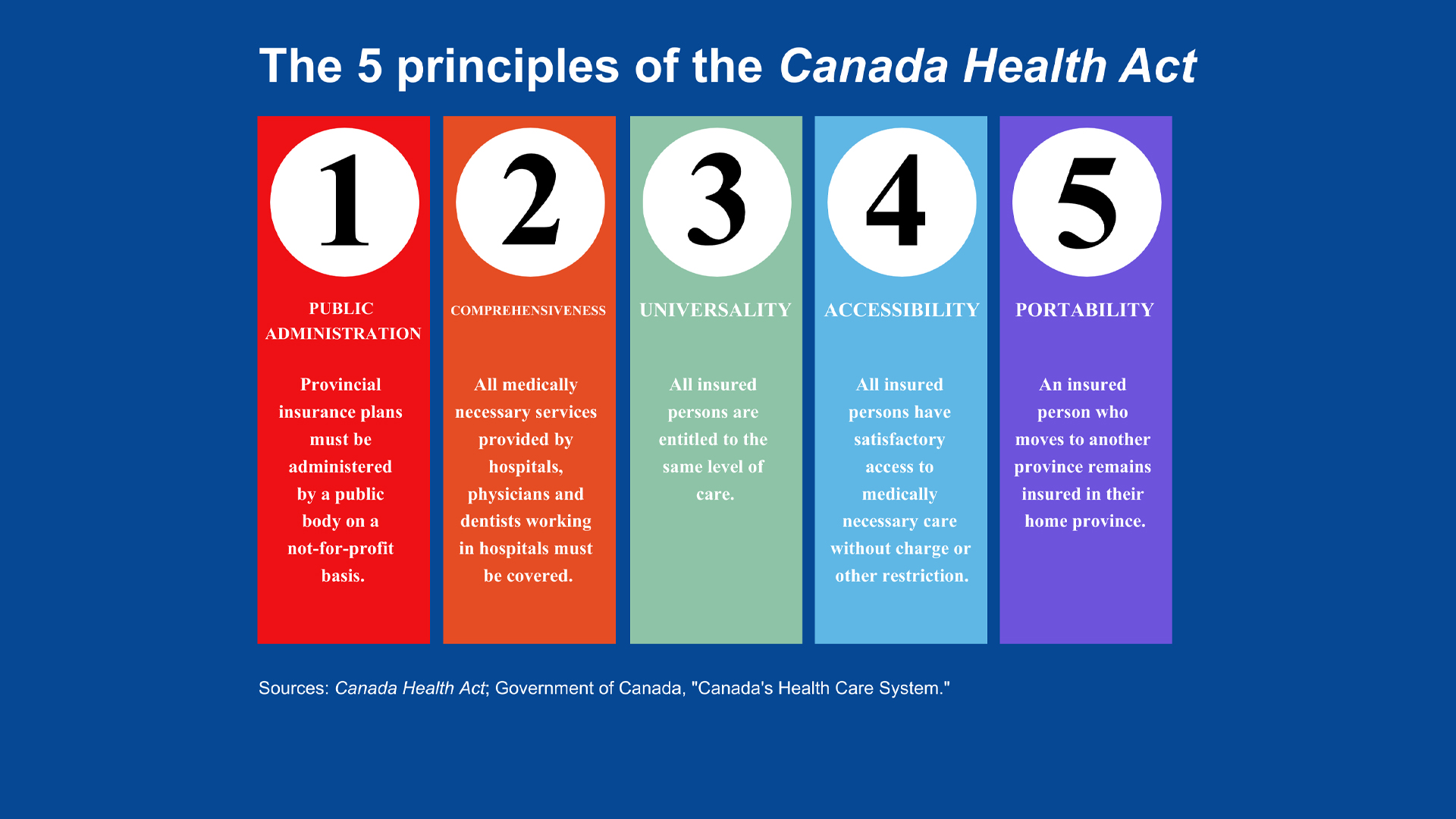Douglas Introducing Medicare
Douglas’s prediction
was almost on target. By 1971, the groundwork he and his
government had laid in Saskatchewan had spread across the country, as a
series of fed eral
and provincial laws provided Canadians with public health coverage,
regardless of income.“Douglas’s achievement
in introducing medicare in Saskatchewan represented a deep conceptual
shift that radically altered the provision of health care in Canada,”
Vincent Lam observed in his 2011 biography of Douglas. “He convinced a
nation that in a civilized society, health care should be considered
essential to individual and social well-being, and viewed both as a
public right and a collective obligation.” Douglas’s Medicare legacy
helped earn him the title “The Greatest Canadian of All Time” during a
2004 CBC competition. (Museum of Toronto, 2024)
eral
and provincial laws provided Canadians with public health coverage,
regardless of income.“Douglas’s achievement
in introducing medicare in Saskatchewan represented a deep conceptual
shift that radically altered the provision of health care in Canada,”
Vincent Lam observed in his 2011 biography of Douglas. “He convinced a
nation that in a civilized society, health care should be considered
essential to individual and social well-being, and viewed both as a
public right and a collective obligation.” Douglas’s Medicare legacy
helped earn him the title “The Greatest Canadian of All Time” during a
2004 CBC competition. (Museum of Toronto, 2024)
Canada Health Act
The Canada Health Act of 1984 replaced the
Hospitals Act and Medical Care Act. It outlined universal standards
and regulations for each province and territory to follow in the
provision of health care. This Act mandates that the provinces provide
each of their residents access to hospital, diagnostic, and physician
services and that the access is universal (i.e. everyone has a
basic level of access), publicly administered, portable across
provinces (i.e. one province can claim $ back from another if providing
a basic acute service), comprehensive, and affordable (i.e.
patient is not charged in full or part). The combination of cash and tax
transfers was replaced by single block funding transfers.
(ACODANA, n.d.)

Covid 19
Extraordinary
challenges, particularly during the COVID-19 pandemic, have strained
Canada's health infrastructure and delayed initiatives. Although the
government's response to the pandemic was commendable—prioritising
public health and securing vaccines—systemic issues persist. One in five
Canadians lack
access to a regular primary care doctor, jeopardising timely diagnosis and management of chronic
conditions. Nurses
continue to leave public health care for private agencies due to
overwhelming workloads, safety concerns, and inadequate mental health
support.
Canada needs substantial expansion of
its health
workforce. The national pharmacare and dental plans need to be fully
implemented and, although Canada's public health-care system is one of
the most celebrated in the world, its model—federally funded but
administered by 13 provinces and territories—creates variations in
coverage, access issues, long waiting times, obstacles to health-care
worker mobility, and inconsistent care protocols. Addressing systemic
issues within the health-care system will require cooperation from all
provincial and territorial governments, and interjurisdictional barriers
need to be eased.
(None The Lancet, 2025)
